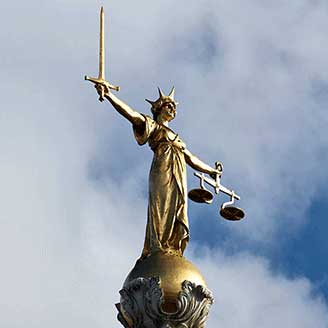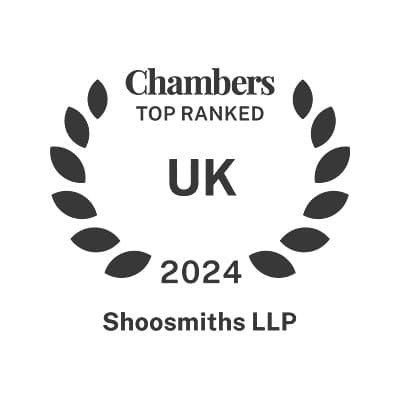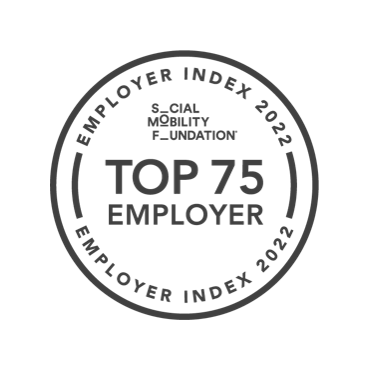Shoosmiths is committed to supporting our clients through the ongoing and unprecedented challenges presented by the COVID-19 pandemic. This dedicated hub, maintained by our Public Inquiry lawyers, provides access to the latest insights along with webinars, podcasts and essential information concerning the COVID-19 Inquiry.
Preparing for the UK COVID-19 Inquiry
What is the UK COVID-19 Inquiry?
The UK COVID-19 Inquiry is the independent public inquiry set up by government to examine the UK’s preparedness and response to the pandemic and to learn lessons for the future. A separate public inquiry is being held in Scotland.
When is the UK Inquiry going to happen?
The Inquiry is already underway and expected to conclude by the summer of 2026. The Inquiry has been split into a number of Modules, or separate investigations into different topic areas. New Modules continue to be announced. Evidence is continually being collected and substantive public hearings commenced on 13 June 2023 (in respect of Module 1 which examined the UK’s resilience and preparedness for a Coronavirus pandemic). Please see the timeline below for key updates.
Who might become involved?
Organisations which played a key role in events, were seriously affected by the pandemic, or are likely to be the subject of criticism may wish to apply to be a ‘core participant’ in one or more Modules, meaning a full party to the Inquiry’s investigations into that topic area. Witnesses to events may be asked (and could be compelled) to give evidence to the Inquiry, but not necessarily invited to participate any further.
Why you might wish to be involved as a party to the UK Inquiry?
- You may wish to have your organisation’s experience heard and ensure that the challenges faced by your sector are presented and understood.
- You may wish to protect your organisation’s reputation position if you anticipate the actions of your organisation being investigated.
- Engagement may enable you to influence the recommendations the Inquiry ultimately makes (which are likely to shape future government policies).
- If you believe your organisation might be required to give evidence in any event, engaging as a party may aid your preparations and help you to build a positive relationship with the Inquiry.
What are the downsides to being involved as a party?
Being actively involved is likely to take up a substantial amount of time and money. If your organisation’s involvement was peripheral then engagement as a core participant may draw unwanted attention to you. However, even if your organisation does not seek core participant status, organisations can and do retain law firms to keep this under review, and to advise more generally on the Inquiry as it proceeds. The benefit of this approach is that it allows organisations to stay ahead of the issues and engage at short notice where required.
How should I prepare?
The immediate questions you need to consider are whether the Inquiry may call on your organisation to give evidence, and/or whether you may wish to voluntarily engage with the Inquiry as a party. If you become involved then you will need to consider:
- Funding. Government funding is unlikely for private sector organisations. Check your insurance policies carefully.
- Is there is an opportunity to engage as a group with other organisations, for example under an umbrella trade association, so that costs can be shared and evidence gathering co-ordinated?
- Evidence. Do you need to conduct an internal investigation to understand yourself what happened?
- Following this, who would be best placed in your organisation to give evidence?
- Preservation of documents. If you think you might be required to give evidence, you should take steps to preserve all documents and records relevant to your response to the pandemic.
- Representation. We recommend early engagement with an experienced legal team.
Shoosmiths Inquiry experience
Shoosmiths can support and represent you at all stages - whether as a party or as a witness. The Shoosmiths Inquests and Inquiries team has significant experience of acting in a number of high profile Inquiries and Inquests, including the Grenfell Tower Inquiry, the Independent Inquiry into Child Sexual Abuse, the Croydon tram crash Inquest and the Manchester Arena Inquiry.
















